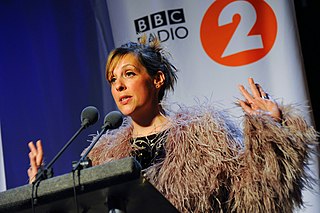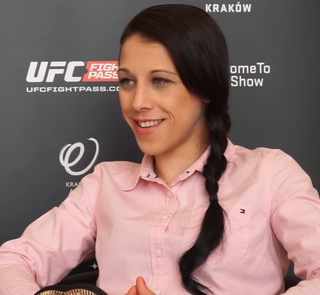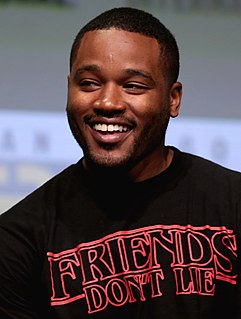A Quote by Mel Giedroyc
My kids both had Catholic junior school education, which I'm really glad for - it taught them how to be compassionate, how to be kind.
Related Quotes
Education means teaching kids how to do stuff and how to think about stuff. Education is a pretty simple concept with a very clear way to measure results: you give some kind of an exam - maybe it's one of those standardized tests all kids hate, maybe it's some kind of essay, but whatever it is, it'll measure the results, and the kids will hate it.
Before playing football, I didn't fit in anywhere. My parents didn't have a lot of money, which they spent on our education to send us to Catholic private school in Oakland, mostly black. The other kids had more money than I did. I started school early; I was young. So I'd come back to my hood and read.
Top Trumps appeared to be a game in which you got cards, and the cards had a picture (in this case, of a horse), and told you all kinds of stats for that horse, how fast it was, how big it was, etc. Whoever had the better horse won both the cards. You repeated this until someone had all the cards. So, basically it was exactly like high school, except it only took three minutes. Which was really a bit more humane, if you thought about it.
Be clear in your mind what you want the outcome of your communication to achieve. If your aim is more than just to vent your anger towards a meat eater and you sincerely want that person to be a kinder more compassionate being, then you must start by seeing them as a kind and compassionate person. If you are unable to see them as kind and compassionate, then how dare you demand them to see themselves that way.
I was taught by my father. He was head of the primary school so I went to his school until I was 11 - I was the youngest of four daughters and we had all been taught by him. But I didn't really enjoy my secondary education that much, probably because I am a very physical person and don't enjoy sitting at a desk all day.
I don't know if I was popular in high school. My school was actually not really clique-y, which was nice. I went to a very artsy school, so everyone was kind of friends with each other. I was trying to be popular more, like, in junior high and elementary school and dealt with all that backstabbing and drama.



































